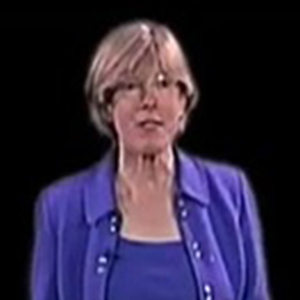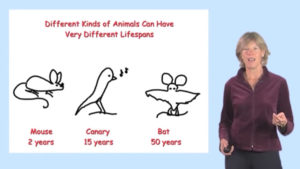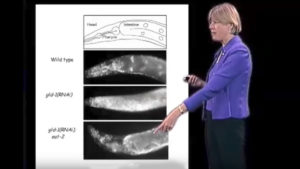Cynthia Kenyon graduated valedictorian in chemistry and biochemistry from the University of Georgia in 1976. She received her PhD from MIT in 1981, where, in Graham Walker’s laboratory, she was the first to look for genes on the basis of their expression profiles, discovering that DNA damaging agents activate a battery of DNA repair genes in E. coli.
She then did postdoctoral studies with Nobel laureate Sydney Brenner at the MRC Laboratory of Molecular Biology in Cambridge, UK, studying the development of C. elegans. Since 1986 she has been at the University of California, San Francisco, where she was the Herbert Boyer Distinguished Professor of Biochemistry and Biophysics and is now an American Cancer Society Professor.
In 1993, Kenyon and colleagues’ discovery that a single-gene mutation could double the lifespan ofC. elegans sparked an intensive study of the molecular biology of aging. These findings have now led to the discovery that an evolutionarily conserved hormone signaling system controls aging in other organisms as well, including mammals. Dr. Kenyon has received many honors and awards for her findings.
She is a member of the US National Academy of Sciences, the American Academy of Arts and Sciences, and the Institute of Medicine and she is a past president of the Genetics Society of America. She is now the director of the Hillblom Center for the Biology of Aging at UCSF.







